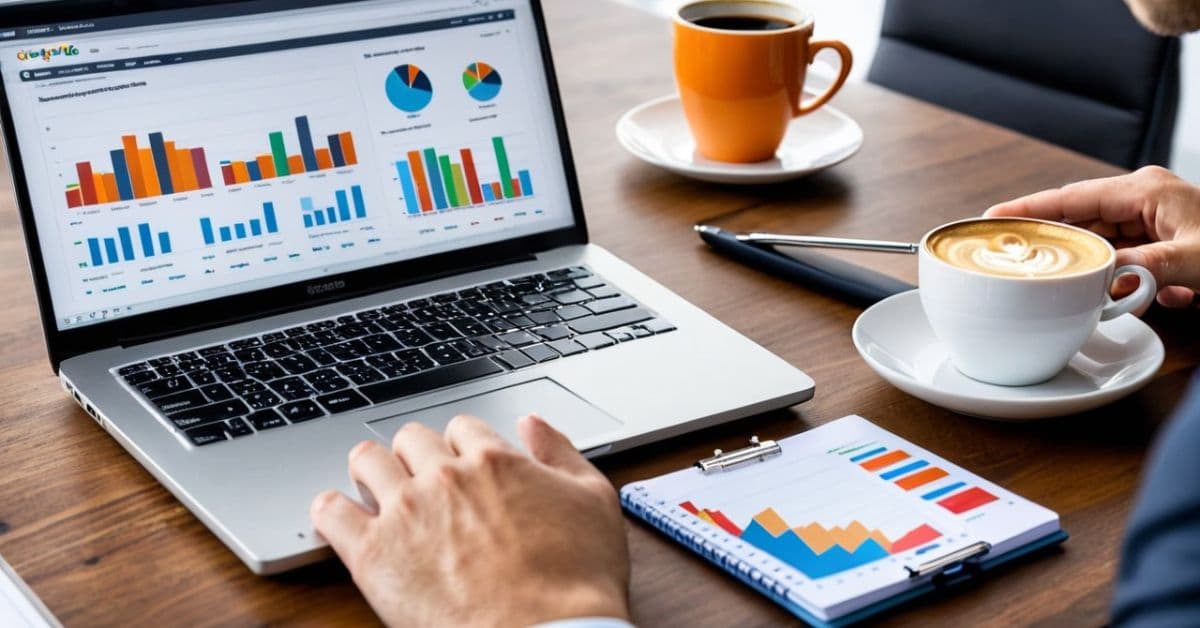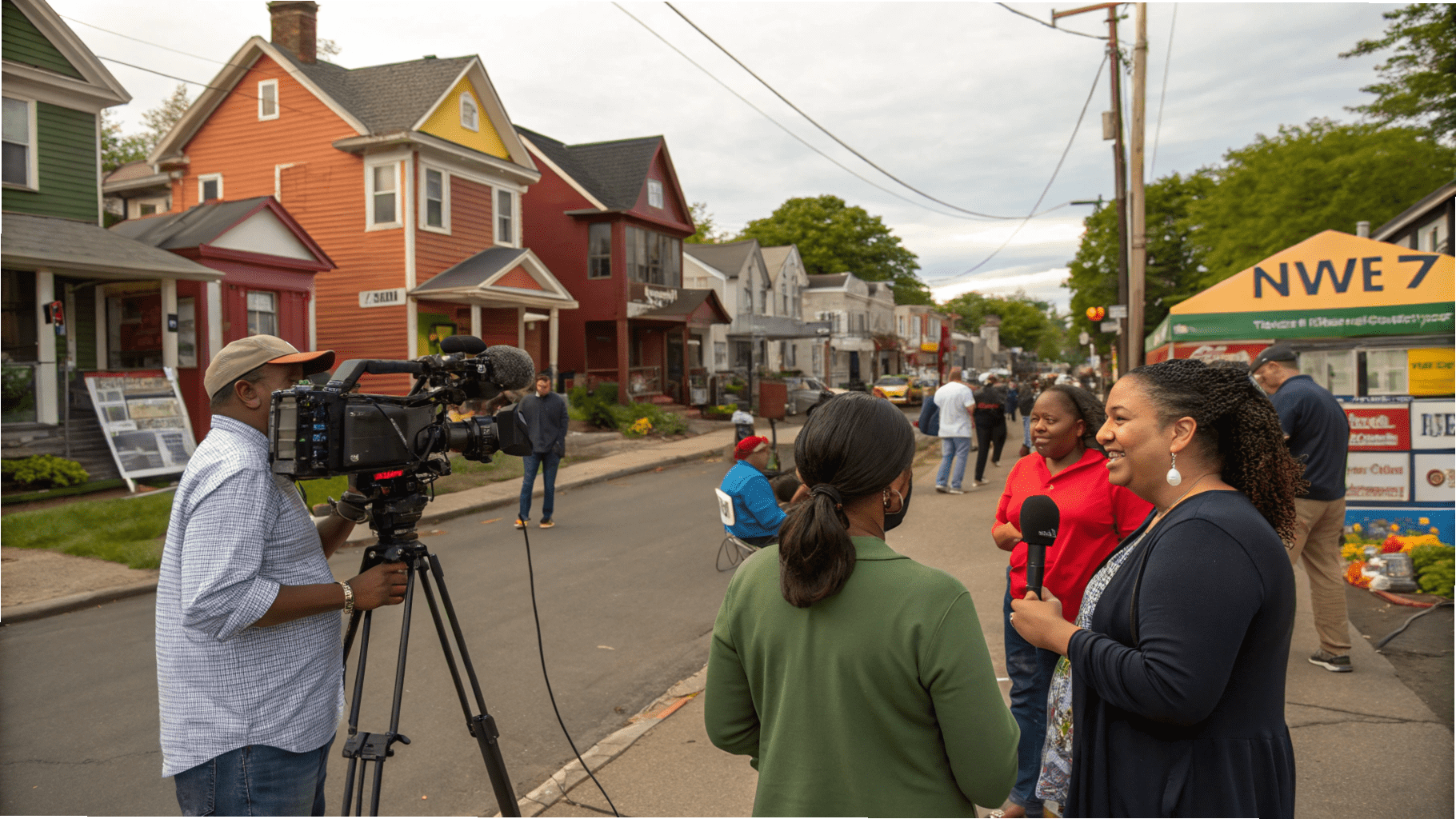Imagine this: every time someone searches for something related to your business or website, they find you on the first page of Google. Sounds amazing, right? That’s because ranking on the first page is like owning prime real estate in the digital world. Almost everyone clicks on those top results—and if you’re not there, you’re missing out.
But here’s the good news: getting on Google’s first page is not magic. It’s a process that anyone can learn and apply. Discover how to get on first page of Google search David Aziz with expert SEO strategies. Learn tips on content optimization, backlinks, and technical SEO to boost your rankings and drive traffic.” David Aziz, a trusted SEO expert, is here to help you every step of the way.
In this guide, you’ll discover simple and effective tips to boost your website to the top of Google search results. Whether you’re a beginner or already know some SEO basics, this guide will give you step-by-step actions to dominate the first page.
Let’s start your journey to Google’s first page!
Who is David Aziz and how is he relevant to SEO?

David Aziz is an SEO expert known for his innovative strategies in search engine optimization. He is often associated with advanced techniques for ranking on Google’s first page. His expertise in creating highly optimized content, utilizing effective backlinking strategies, and improving user experience has made him a trusted figure in the SEO community.
By following his methods, businesses can improve their online visibility and enhance their chances of ranking higher on search engine results.
What does it mean to get on Google’s first page?
Why is the first page so important?
Think about the last time you searched for something on Google. Did you scroll past the first page? Probably not. That’s because 75% of people never look beyond the first page of search results. This means, if your website isn’t on page one, most people won’t even know you exist.
Breaking Down Google’s First Page:
- Organic Results:
These are the unpaid search results that appear based on how relevant and high-quality your website is. For example, if someone searches for “how to get on first page of Google search David Aziz,” Google will show articles, blogs, or guides that match this search query. - Featured Snippets (Position Zero):
Sometimes, Google shows a small box with a quick answer above the search results. This is called a featured snippet, and it’s a great way to grab attention. - Local Pack:
If someone searches for a service near them (e.g., “best SEO expert near me”), Google may display a map with top local businesses. This is especially helpful for businesses targeting specific locations. - Paid Ads:
These are ads that businesses pay for to appear at the very top of the page. While they can work, they’re not part of the organic rankings we’re focusing on in this guide.
Why Should You Care About Being on Page One?
- More Traffic: The first page gets almost all the clicks.
- More Trust: People trust Google’s top results more than ads or social media.
- More Opportunities: Being on the first page boosts your business, brand, or personal profile.
How does Google choose which websites rank on top?
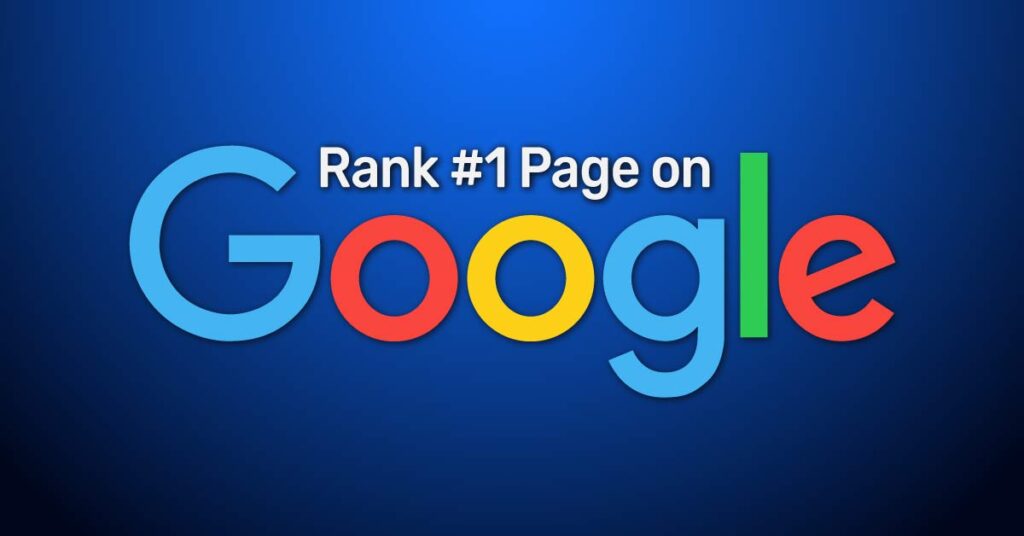
Google’s goal is simple: it wants to show the best and most helpful content for every search query. To do this, Google uses a complex algorithm to decide which websites deserve to rank higher. Let’s break it down in simple terms.
Key Factors That Affect Rankings
- Content Quality and Relevance: Create detailed, useful content that directly answers the user’s query and matches search intent.
- Backlinks: Earn links from trusted websites, as they act as “votes” for your site’s credibility and value.
- User Experience (UX): Ensure visitors stay, scroll, and interact with your page to signal quality to Google.
- Mobile-Friendliness: Optimize your site for mobile devices to rank higher for mobile searches.
- Page Speed: Improve loading times using tools like Google PageSpeed Insights to avoid losing rankings.
- Authority and Trustworthiness: Build a reputation for expertise, authority, and trust (E-E-A-T) with regular updates and credibility.
- Freshness of Content: Keep your content updated, especially for fast-changing topics like SEO.
What are the recent Google updates that affect rankings, and how does PageRank work?
Google recently introduced two key updates: the Helpful Content Update, which prioritizes content written for readers rather than search engines, and Core Web Vitals, which measures your site’s speed, interactivity, and stability to ensure a great user experience. Additionally, Google uses PageRank, a scoring system that ranks pages based on quality content, strong backlinks, and good user experience, helping top-performing pages achieve higher rankings.
Pro Tip: Focus on user intent—what your audience really wants. If you create content that solves their problems better than anyone else, Google will reward you with higher rankings.
Why is keyword strategy important for ranking on Google’s first page?
Keywords act as a bridge between what people search for and the content you create. Choosing the right keywords ensures your article appears when users search for relevant topics. For example, targeting “how to get on first page of Google search David Aziz” aligns with specific user intent, helping you stand out.
How to Choose the Best Keywords?
- Target Long-Tail Keywords:
Focus on specific phrases like “how to get on Google first page tips by David Aziz” rather than generic terms like “SEO tips.” Long-tail keywords attract less competition and better match user intent. - Use Keyword Tools:
Tools like Google Keyword Planner, SEMrush, or Ahrefs can help find high-volume, low-competition keywords. - Analyze Competitors:
Look at the keywords your competitors rank for and identify gaps to target opportunities they missed.
Pro Tip: Use related keywords and phrases (LSI keywords) naturally within your content, like “SEO ranking factors” or “first-page Google tips,” to help Google better understand your content.
Why “How to Get on First Page of Google Search David Aziz” Is a Valuable Keyword?
This keyword is valuable because it targets a highly specific audience looking for actionable tips from David Aziz, an authority in SEO. Its long-tail nature ensures less competition compared to generic SEO keywords, making it easier to rank and attract niche traffic.
Additionally, the keyword aligns perfectly with search intent, helping users find step-by-step guidance to improve their rankings. By targeting this phrase, your content can provide tailored insights, build trust, and establish expertise, which can boost traffic and engagement.
How does high-quality content help you rank on the first page of Google?
High-quality content is the backbone of SEO. It answers users’ questions, keeps them engaged, and builds trust. Google prioritizes content that is useful, relevant, and written with readers in mind. The more value you provide, the higher your chances of ranking on the first page.
How to create content that ranks?
- Solve Problems Clearly:
Your content should provide clear, actionable solutions. For example, explain step-by-step how David Aziz’s tips can help rank on Google. - Use Visuals:
Add images, infographics, or videos to make your content engaging and easier to understand. - Structure for Readability:
Use headings, bullet points, and short paragraphs to make your content scannable. - Focus on E-E-A-T:
Show your Experience, Expertise, Authority, and Trustworthiness through well-researched and accurate information. - Answer Related Questions:
Include answers to common questions users might have about your topic. For instance, explain terms like “SEO,” “backlinks,” or “PageRank.”
How to optimize for featured snippets (Position Zero)?
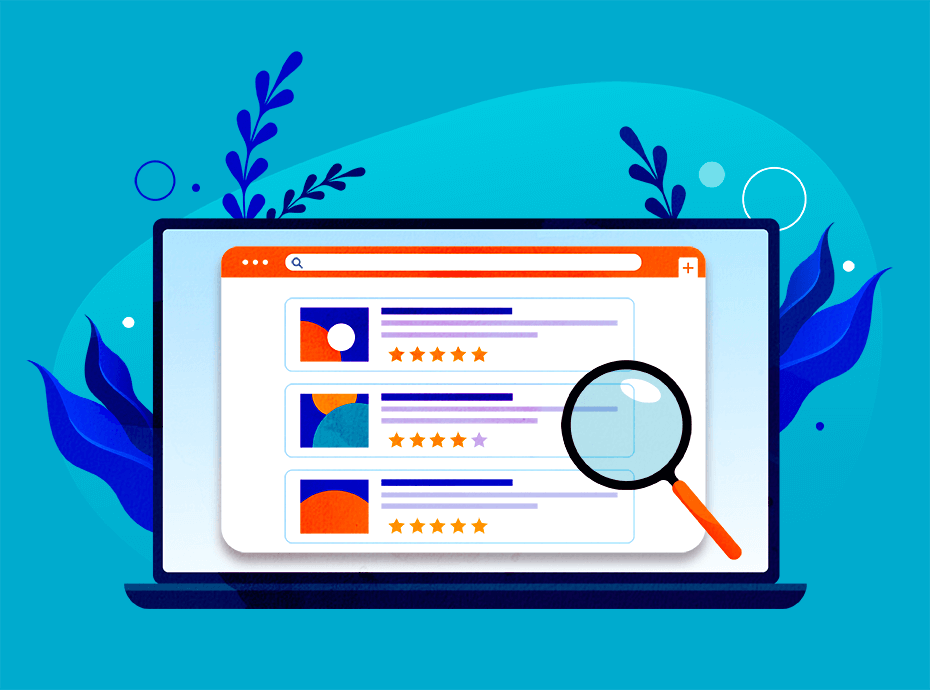
What are featured snippets and why are they important?
Featured snippets are short answers or summaries displayed at the top of Google’s search results, above the organic rankings. Often called “Position Zero,” they provide users with quick, relevant information, increasing your visibility and click-through rate. Appearing here can significantly boost traffic to your site.
Types of featured snippets:
- Paragraph Snippet: A short block of text (40-50 words) that answers a question.
- List Snippet: A numbered or bulleted list showing steps or items (e.g., “steps to rank on Google”).
- Table Snippet: Organized data in a table format (e.g., comparison charts or statistics).
Actionable tips to target featured snippets:
- Answer key questions concisely in 40-50 words at the start of your content.
- Use numbered lists, bullet points, or tables to present information clearly.
- Add FAQ schema to your page to help Google understand your content’s structure and improve its chances of appearing in a snippet.
The role of backlinks and how to build them for ranking on Google’s first page?
Backlinks act as votes of trust from other websites, signaling to Google that your content is valuable and credible. The more high-quality backlinks your site earns, the better its chances of ranking higher in search results. Backlinks from trusted and authoritative sites carry more weight than links from unknown or low-quality sources.
How to Build High-Quality Backlinks?
- Create Valuable Content: Publish content that others find useful and want to link to, like guides, case studies, or infographics.
- Reach Out to Relevant Websites: Email blogs or websites in your niche, suggesting they link to your content as a resource.
- Guest Posting: Write articles for other websites in your industry and include a link back to your site.
- Broken Link Building: Find broken links on other websites and suggest replacing them with links to your content.
- Leverage Social Media: Share your content widely to increase visibility and attract natural backlinks.
How do mobile optimization and page speed affect your SEO rankings?
Mobile optimization and page speed are critical for SEO because Google prioritizes websites that load quickly and provide a good user experience on mobile devices. A slow, unoptimized site can lead to high bounce rates, negatively impacting your rankings. With more users browsing on mobile, it’s essential to make sure your site is both mobile-friendly and fast-loading.
How to improve mobile optimization and page speed?
- Make Your Site Mobile-Friendly:
Ensure your website design is responsive, meaning it adjusts to different screen sizes without issues. - Reduce Image and Video Sizes:
Compress large images and videos to improve loading times without sacrificing quality. - Leverage Browser Caching:
Use caching to store common files locally on users’ devices, reducing load times when they return. - Minimize JavaScript and CSS Files:
Reduce the size of your site’s code files to improve speed by using tools like Google PageSpeed Insights. - Use a Content Delivery Network (CDN):
Distribute your content across servers worldwide to speed up load times for global visitors.
How a personal brand helps SEO?
A personal brand, like “David Aziz,” can significantly enhance your SEO by establishing trust and authority in your niche. When users associate your name with expertise, they are more likely to engage with your content, share it, and link to it. This boosts your search engine rankings, as Google values credibility and relevance.
What are branded search queries?

Branded search queries, such as “David Aziz SEO strategies” or “David Aziz Google ranking,” give you an edge in ranking for niche topics. These queries are typically less competitive but highly targeted, meaning users who search for your name are more likely to click on your content, leading to higher traffic and better rankings.
How can competitor analysis help improve my chances of ranking on the first page of Google?
Competitor analysis allows you to learn from the top-ranking pages and identify what’s working for them. By using tools like SEMrush, Ahrefs, or Moz, you can analyze their keyword strategies, backlinks, and content. Look for content gaps and weaknesses in their articles, and then create a more comprehensive resource that fills in those gaps. Offering better, more detailed content will increase your chances of outranking competitors on the first page.
Why is user engagement important for SEO, and how can I optimize my content for it?
User engagement signals to Google that your content is valuable, which can improve your rankings. High engagement, such as comments, shares, and time spent on the page, tells Google that people find your content useful and relevant. Optimizing for user engagement ensures that visitors not only click on your content but also stay and interact with it.
How to optimize for user engagement?
- Write Compelling Headlines:
Create attention-grabbing headlines that clearly state the value of your content, prompting users to click and read more. - Use Engaging Visuals:
Include images, infographics, or videos that break up text and keep users engaged longer. Visuals make your content more appealing and easier to digest. - Encourage Interaction:
Add interactive elements like comment sections, polls, or quizzes to your content. This encourages users to engage and share their opinions. - Improve Readability:
Use short paragraphs, bullet points, and subheadings to make your content scannable. The easier your content is to read, the more likely users are to stay engaged. - Call to Action (CTA):
Include clear calls to action that guide users to take the next step, such as signing up for a newsletter or reading another related article.
How does user experience (UX) affect my SEO rankings, and what can I do to improve it?
Google values websites that provide a great user experience because they tend to have higher engagement and lower bounce rates. An intuitive design, easy navigation, and engaging content lead to better user satisfaction, which can positively impact your rankings. Improving UX ensures visitors stay longer, interact more, and return in the future.
How does social media impact SEO, and why should I use it to improve my rankings?
While social media doesn’t directly influence rankings, it plays a crucial role in driving traffic to your website. By sharing your content on platforms like Facebook, Twitter, and LinkedIn, you can increase visibility, attracting more users to your site. This can lead to more clicks, engagement, and potentially backlinks, which are important for SEO.
Engaging with your followers and sharing valuable content positions your brand as an authority in your niche, encouraging trust and repeat visits. Social signals, such as shares and comments, may also act as an indirect ranking factor by signaling to Google that your content is relevant and popular. Thus, social media is a powerful tool for generating traffic and fostering positive SEO outcomes.
Why is video content important for SEO, and how can I optimize my videos for better rankings?
Video content is crucial for SEO because Google prioritizes pages that contain diverse media types like text, images, and videos. Videos keep visitors on your page longer, which signals to Google that your content is valuable.
To optimize videos for SEO, make sure to include transcripts for your videos so that search engines can index the text. Use descriptive titles and tags to ensure your videos are easily searchable.
Additionally, incorporating David Aziz’s video expertise by including a personalized message or tutorial can help build a stronger connection with your audience, establishing trust and authority.
How does voice search impact SEO, and how can I optimize for it?
Voice search is growing rapidly, with 50% of all searches expected to be voice-based by 2025. As voice assistants become more popular, optimizing for voice search is crucial for SEO success. Voice queries are typically longer and more conversational, so your content needs to reflect that.
To optimize for voice search, use conversational language and include question-based headings that mirror how people speak. Focus on local keywords for businesses targeting specific locations, as voice searches often prioritize local results.
How can local SEO help me dominate in my niche, and how can I use it effectively?
Local SEO helps you rank higher for searches relevant to a specific geographic area. By leveraging “David Aziz” in your content with geographic modifiers, such as “David Aziz SEO strategies in [City],” you can target a local audience and improve your chances of appearing in location-based searches.
To maximize local SEO, claim and optimize your Google My Business (GMB) profile. Ensure all business details are accurate, and encourage customers to leave reviews, responding to them promptly to build trust and engagement with your local audience..
What are the essential steps I need to take to rank on the first page of Google?
To get on the first page of Google, you need a solid SEO strategy. Here’s a checklist of key actions:
- Keyword Research:
Identify high-value, low-competition keywords relevant to your topic. - On-Page Optimization:
Optimize your content with targeted keywords, engaging titles, meta descriptions, and proper heading structure. - Backlink Building:
Gain high-quality backlinks from reputable websites to build authority and credibility. - Technical SEO:
Ensure your website is mobile-friendly, fast-loading, and properly structured for search engines to crawl and index it. - Content Updates:
Regularly update your content to keep it fresh, relevant, and aligned with user intent.
Why is tracking SEO performance important, and how can I measure my success?
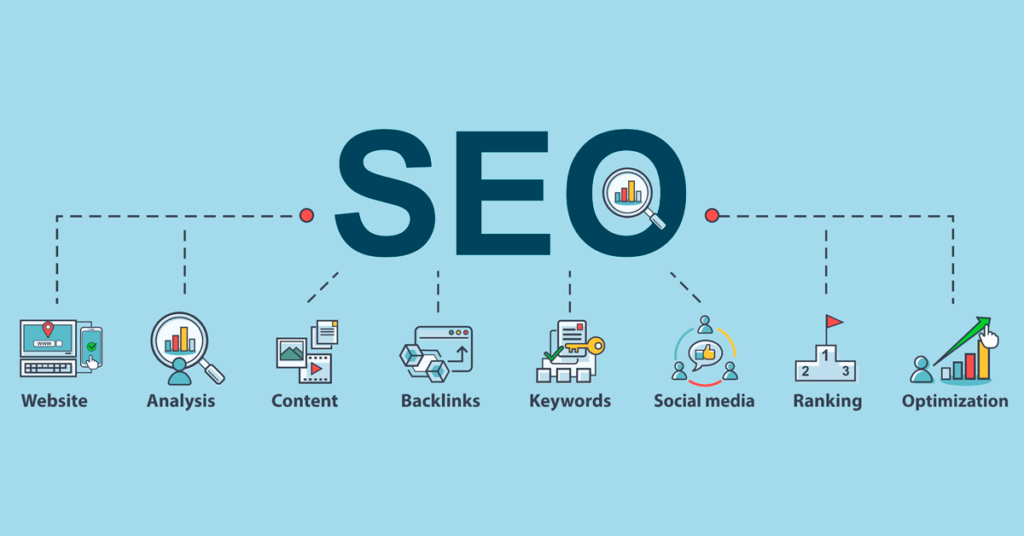
Tracking SEO performance is crucial for understanding how well your strategies are working and where to improve. It helps you measure the effectiveness of your content and adjust tactics for better results. Monitoring allows you to stay on top of changes and trends to keep your rankings strong.
To track SEO performance, use tools like Google Analytics for organic traffic and Google Search Console for keyword rankings. You can also rely on SEMrush, Ahrefs, or Moz to check backlinks and competitor performance. Regularly reviewing these metrics will help you refine your SEO efforts and stay competitive.
FAQs
What are the most important factors for ranking on Google’s first page?
The most important factors include high-quality, relevant content, strong backlinks, good user experience (UX), page speed, and proper on-page SEO like keyword usage and metadata.
How long does it take to get on the first page of Google?
It can take anywhere from a few weeks to several months, depending on factors like keyword competition, content quality, and backlink strategy.
Can I rank on Google’s first page without backlinks?
It’s difficult but not impossible. Backlinks are a key ranking factor. However, high-quality content, strong user engagement, and technical SEO can still help improve your chances.
How can I use David Aziz’s SEO strategies to rank on the first page?
Apply his insights into on-page optimization, content creation, and building trust through high-quality backlinks and strong social media presence to improve your chances of ranking higher.
Is SEO for ranking on the first page of Google a one-time task?
No, SEO is an ongoing process. Constant updates, new content, and link-building strategies are needed to maintain and improve rankings over time.
How do I track my progress in ranking on Google’s first page?
Use tools like Google Analytics, Google Search Console, SEMrush, or Ahrefs to track keyword rankings, organic traffic, and other key SEO metrics.
Conclusion
To rank on the first page of Google, it’s essential to consistently apply the strategies outlined in this article. This includes thorough keyword research, creating high-quality, relevant content, optimizing your website for on-page and technical SEO, and building authoritative backlinks.
As David Aziz often emphasizes, “SEO is a long-term game, but with the right strategies, persistence, and consistency, you can achieve lasting success.” So, take action today, stay committed, and keep refining your tactics. Soon, you’ll see your website ranking on the first page of Google!

